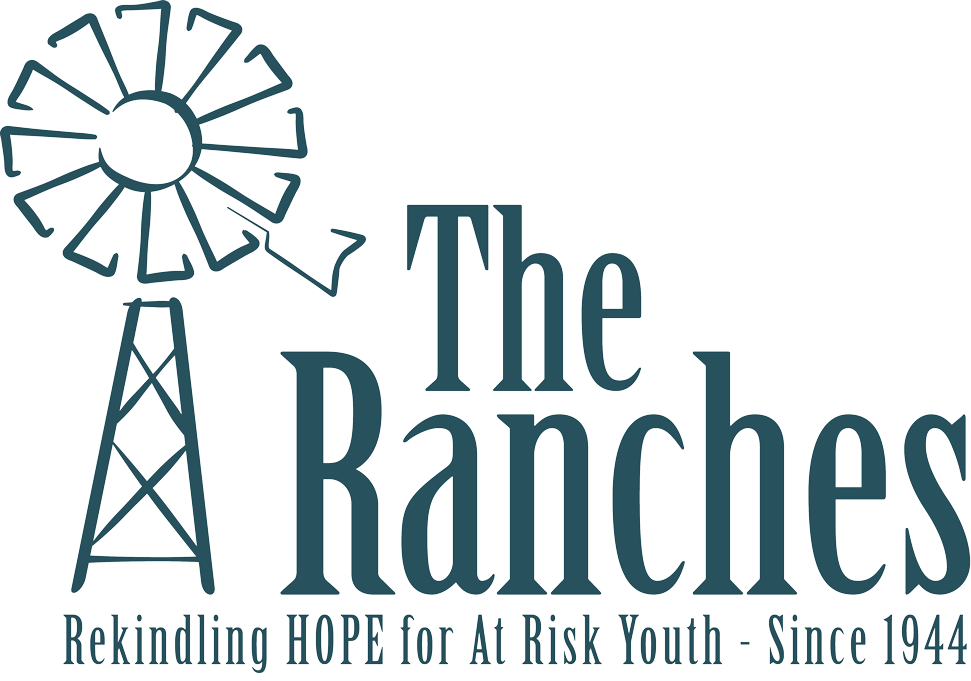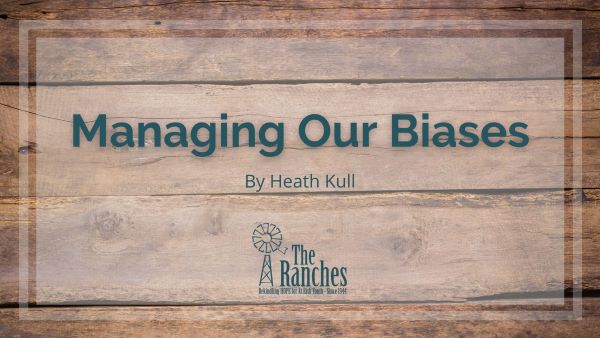Everyday Biases
Even though today represents a very important (and historically significant) day to reflect on our biases, this kind of reflection is a task worthy of our time and attention every single day. Racism, sexism, ageism – and recently xenophobia – get the lion’s share of focus and conversation surrounding bias, and rightfully so. But whether we like to admit it or not, our biases are with us every day and managing our hidden biases is an integral part of life.
“I don’t have biases” is probably the stupidest thing I’ve heard someone say in this business and I’ve heard it said a whole bunch of times. At best, this is disingenuous. At worst, it’s a flat out lie. Put simply, we all have biases. Some are meaningless and inconsequential, while some others are more prominent. And still some are sources of significant stress and tribulation in our relationships…but we all have them.
Chiefs Fans, Daughters, and Best Friends
I blatantly struggle with Chiefs fans – mostly because 95% of them are bandwagoneers or purveyors of “fast break football”. Whatever the motivation behind it might be, I have a negative bias. I also struggle with people who can’t see hypocrisy in people that are seeing the world through a shared lens. These people often scream tolerance and diversity. Hopefully, one day, they will try it out.
I have a hard time with individuals who prefer freeze or flight when stress and conflict arise, while I also struggle with fighters who suck at it or play the victim (often after an unsuccessful tirade is met with a stronger and more capable fighter). Over the years, I have grown and managed my biases never having rarely, if ever, erased them. While I will admit to having a bit of a bias against women in my younger days, having a wife whom I love (and 3 loving daughters I want to be noble enough to deserve) has altered that bias significantly.
Biases are nothing more than our own mind’s protective mechanism for safeguarding us against future pain from the same sources where the pain originated. When we don’t deal with that pain and manage that bias, it becomes infinitely more powerful and becomes our own personal experiential ghost of relationships past.
Ironically, my best friend – an outspoken ginger of a different variety – was (throughout my high school and college years) a Chiefs fan…back before it was cool. He moved away and my fear of that reoccurring fuels a bit of my present-day biases. I can manage it though. I would be a disingenuous idiot if I refused to ever allow another outspoken ginger to infiltrate my personal relationship bubble; wouldn’t I? Same goes for other sources of pain that we have no control over. Maybe we should focus on the content that comprises an individual’s character instead? Just a thought.
Moving on…
The difficult thing is that each child we experience creates a bit of an opportunity for bias towards future residents. The next resident will remind us of the one we are experiencing today. We will either take the dignified approach and acknowledge the reminder (while also offering a fresh start) or we will be selfish and ingloriously make the new kid pay for the sins of the other kid.
And that is all that bias really is; making someone in our present pay for the sins of someone in our past. Once we recognize this pattern, we are free to change it and address it. First, we must acknowledge our bad experiences, grieve our losses, and process our part in all of it, and then we can be free to move on. Incidentally, this is what we’re trying to help the kids do. What’s a better way to be an effective teacher than by practicing what we preach?
Heath Kull
Enjoy this article? Check out the rest of our articles here.
Keep up to date with The Ranches by following us on Facebook!

